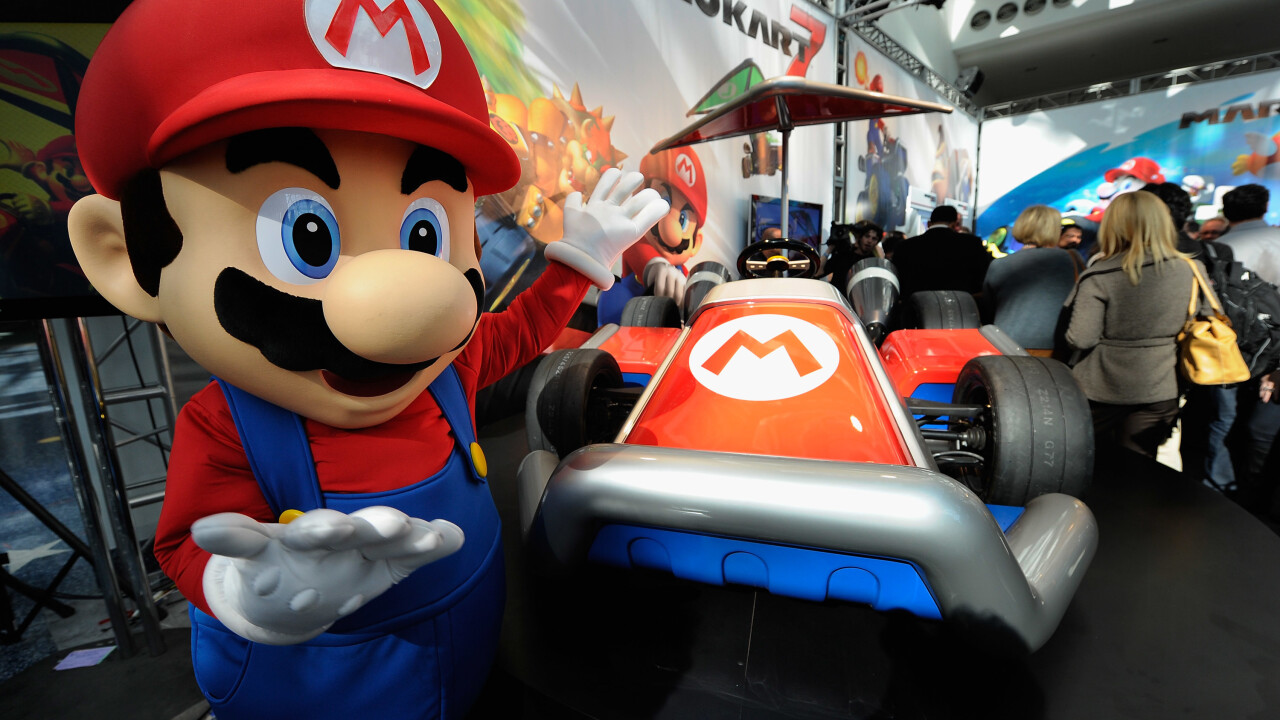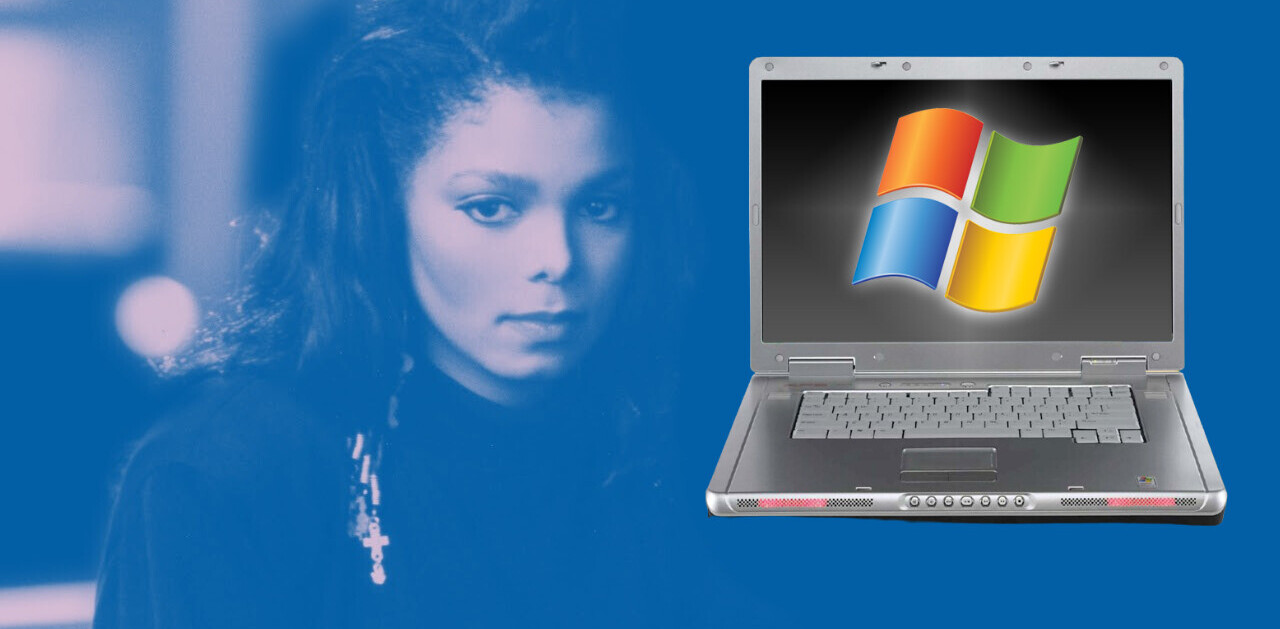
Nintendo today announced plans to develop and release a new video game console for emerging markets next year. In an interview with Bloomberg, Nintendo president Satoru Iwata said the company wanted to make “new things, with new thinking” for these regions, and not just a cheaper version of its existing hardware. Given the dismal sales performance of its flagship Wii U console, the comments were unexpected and have raised new questions about Nintendo’s evolving business strategy.
Hands full
The Kyoto-based company is already competing on two fronts. The first is the handheld market, where it’s trying to replicate the success of the DS family with the 3DS, 3DS XL and child-friendly 2DS. The new hardware platform had a troubled start in 2011, but a significant price-cut and a deluge of excellent first-party games helped Nintendo to turn it around.
The Wii U is the second piece. A follow-up to the Wii, Nintendo decided to de-emphasise the former console’s renowned motion controls in favor of a new tablet controller. The initial marketing failed to communicate the console’s unique features and the name created confusion about whether it was an entirely new console, or just another peripheral for the Wii. An opening burst of support from third-party publishers quickly faded and Nintendo only had a smattering of blockbuster games to appeal to its most faithful fans.
The 3DS now has a critical mass of games to sustain itself in the short-term. Nonetheless, Nintendo is working hard to support the system with new software though; games such as Tomodachi Life, Super Smash Bros, Pokemon Omega Ruby and Alpha Sapphire have all been confirmed for a Western release this year.
The Wii U needs new games though. Desperately. Mario Kart 8, Super Smash Bros and Bayonetta 2 will be welcomed by fans, but it’s hard to pinpoint a title that could seriously move the needle for Nintendo. There’s a sense that the company is working at full capacity at the moment; there’s only one Shigeru Miyamoto and only so many teams with the calibre needed to develop a new Super Mario, The Legend of Zelda or Metroid title.
If Nintendo has any spare staff in its game development arm at the moment, it’s vital that they’re allocated to Wii U-related projects. For the console to be a success, a steady stream of new, exciting video games is paramount.
A new platform?
Iwata’s quote in Bloomberg today can be interpreted in a few different ways. One of which is that Nintendo wants to launch an entirely new console, capable of playing different games to the Wii U and 3DS.
It would be a third platform for Nintendo to develop and manage.
Particularly with online services, Nintendo is a half-step behind Microsoft and Sony. The Japanese firm has never had a wealth of experience in this area and has been slow to embrace new features such as online multiplayer. To launch a new system, potentially running a new platform, would be a huge undertaking.
It’s certainly not impossible, but I imagine some 3DS and Wii U owners would also be frustrated if Nintendo began focusing some of its efforts on a brand new platform – especially when the Wii U is on life support.
Games, games, games
In this scenario, Nintendo would probably need to develop even more new games. With the Wii U – and even the 3DS to some extent – Nintendo has been unable to attract and retain a large group of third-party developers. The odd title such as Bravely Default, The Wonderful 101 and Fire Emblem Awakening have stood out, but there’s been nothing like the level of support seen for the current and previous generations of Xbox and PlayStation hardware.
Unless Nintendo’s new console was somehow able to reverse that trend, the company would have to rely on its own software to drum up support. With the current state of the Wii U and the growing hunger from console owners for new games, Nintendo is asking for trouble if it begins siphoning off some of its development muscle for a new console aimed at select markets.
Likewise, if Nintendo was able to pick up a wealth of third-party support for its new platform, some of the company’s most loyal fans would inevitably question why it’s been unable to do the same for the Wii U.
Wii U Lite?
Iwata said he doesn’t want to make a cheaper version of existing Nintendo hardware, but it’s hard to rule out the possibility of a modified Wii U. The console has a robust operating system – so Nintendo wouldn’t need to develop a new one – and it would give the company a roster of games at launch.
Many have debated whether Nintendo should offer the Wii U without its controversial tablet controller. It would certainly reduce the price of the console, although it would likely cause a number of compatibility problems too. For instance, what would happen to games that rely on the controller? The Wonderful 101 and Nintendo Land have certain sections and gameplay modes that require it, so it’s unclear how Nintendo would be able to work around it.
Few games have used the tablet effectively, but Nintendo has stressed that it’ll be developing new software that takes advantage of the controller. To sell the system, the company wants to make more games that leverage the tablet, not less. In turn, that would create more compatibility problems for any new system that launches next year without it.
Furthermore, Iwata stressed his desire to make new hardware with “new thinking”. It points to an even greater departure from traditional game consoles, or perhaps game design, that would put the upcoming system at even greater odds with the Wii U and its current game library.
A difficult road ahead
No matter how Nintendo approaches this new console, there are challenges involved. Whether it modifies an existing system or creates a new one from scratch, the company will have another product to develop and maintain.
The Wii U needs all the support it can get. It’s unlikely that Nintendo will abandon the system anytime soon, so instead, the company will have to carefully juggle its employees and priorities between the two.
Nintendo can’t be faulted for trying something new though. Time and again, the company has proven its ability to stay relevant with unexpected, innovative hardware and joyous, creative video games. If there’s one thing I’ve learned over the last couple of decades, it’s this: Never count Nintendo out.
Image credit: Kevork Djansezian/Getty Images (2) / JIJI PRESS/AFP/Getty Images / YOSHIKAZU TSUNO/AFP/Getty Images
Get the TNW newsletter
Get the most important tech news in your inbox each week.








